A Review of restored classic Johnny Guitar, from Ieuan Jones.
Johnny Guitar is screening at Plymouth Arts Centre 27th – 30th July.
The recent, rancid abuse heaped on this year’s Ghostbusters reboot, due to the unpardonable crime of having four women instead of four men in the central roles, has shown how feebleminded and reductive any discussion regarding women and film has become. The fact that, in 2016, one must seriously argue, with considerable blowback, even the possibility that a film containing a cast of mainly women can carry its own both artistically and financially, is a very sorry state of affairs indeed. Moreover, this debate is continually pulled into a context featuring very many unsavoury assumptions – that women in film are peripheral, they are entryists, Johnny (Janey?)-come-latelys; supportive at best and spoilsports at worst.
These arguments are made in ignorance of the fact that, say, Alice Guy Blanché’s La Fée aux Choux (1896) is one of the earliest films ever made, predating even the narrative features of Georges Méliès. Since then the works of Weber, Arzner, Pickford, Lupino, Wertmüller, Akerman, Varda, Campion, Holland, Makmalbaf, Ramsay, Ephron, Schoonmaker, May, Marshall, Denis, Bigelow, Heckerling, Barnard, Amirpour, Bier, to name but a minuscule fraction, have not only contributed significantly to cinema, but are part of its very marrow.
Sitting more or less between La Fée aux Choux and Ghostbusters is Johnny Guitar (1954). Like Ghostbusters, it was in fact directed by a man – Nicholas Ray, a full year before he finally hit pay-dirt with Rebel Without a Cause; it was also written by a man (Ben Maddow). But the reason it continues to be celebrated over half a century after its release is due to its female characterisation, including an extraordinary performance from Joan Crawford, as well as acres of discussion on its gender roles and sexual politics. (Ridiculed by critics on its immediate release, no less than Francois Truffaut declared it a masterpiece and derided its detractors by saying they were unfit to visit the picture-house again.)
Crawford plays Vienna, owner of a saloon in the Arizona dustbowl at the turn of the last century. The only others keeping her company are the barkeep and a croupier, told to keep the roulette wheel spinning in spite of their lack of custom. Vienna has made many enemies among the townsfolk, led by Emma Small (Mercedes McCambridge, the perfect lipstick-clad fascist). This is apparently due to Vienna’s support for the local railroad, which she believes will finally civilise the area. It also is due to her giving hospitality to the “Dancin’ Kid” (Scott Brady) and his gang of local menaces, though there is more than a little sexual jealousy fuelling the aggression against Vienna as well. Into this ferment strolls “Johnny Guitar” (Sterling Hayden), a hired song-and-dance man who can handle himself in a fight and has a history with Vienna.
Filmed in dazzling “Trucolor”, Johnny Guitar is a real sandstorm of politics, passions and desires. Vienna is given a sexual history all her own – shown as having a past, not just with the Dancin’ Kid but Johnny Guitar as well. It is also noteworthy that the title character is really no match for Vienna either (just as well considering Hayden really doesn’t have a tenth of the presence that Crawford has). Everything from the radiant costumes to the sparky dialogue are designed to have maximum impact and for this Ray must be given due praise. One scene in particular, where Vienna and Johnny’s secrets are exposed in an eye-popping exchange, is real cinema with fire in its belly, the like of which is rarely seen today. Not to be missed.
Ieuan Jones

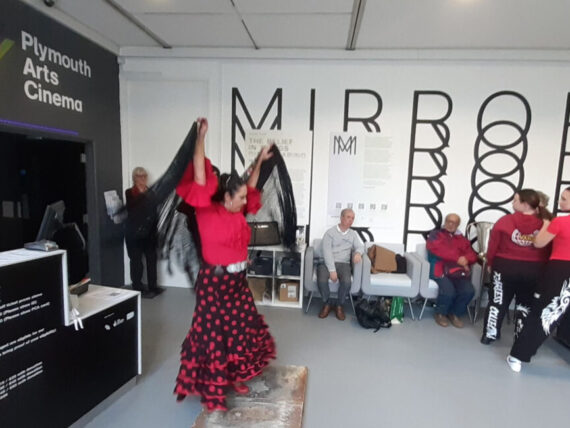
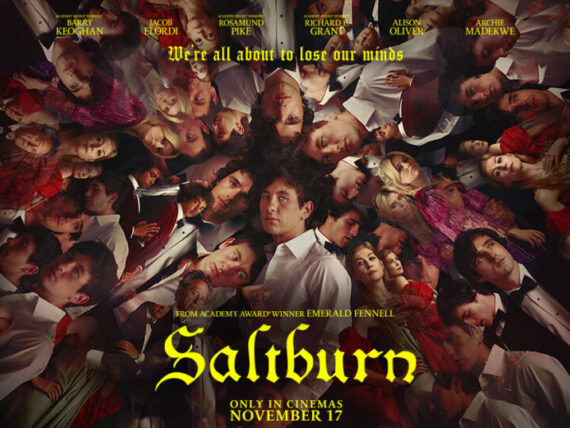

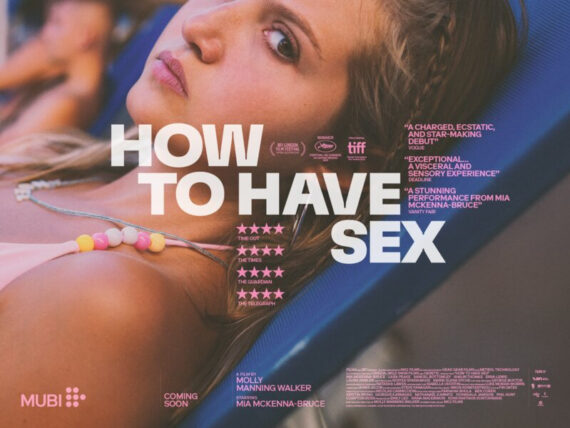
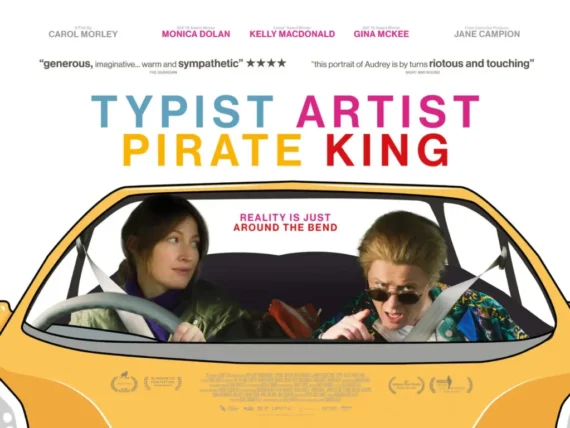
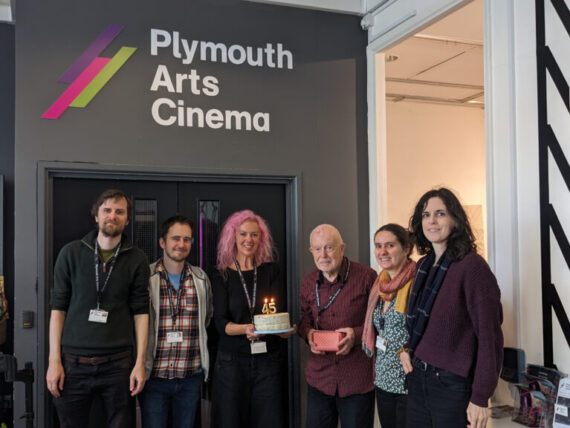
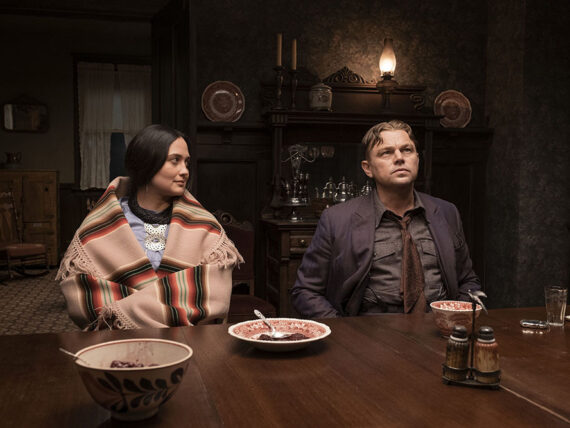
Comments
No comment yet.